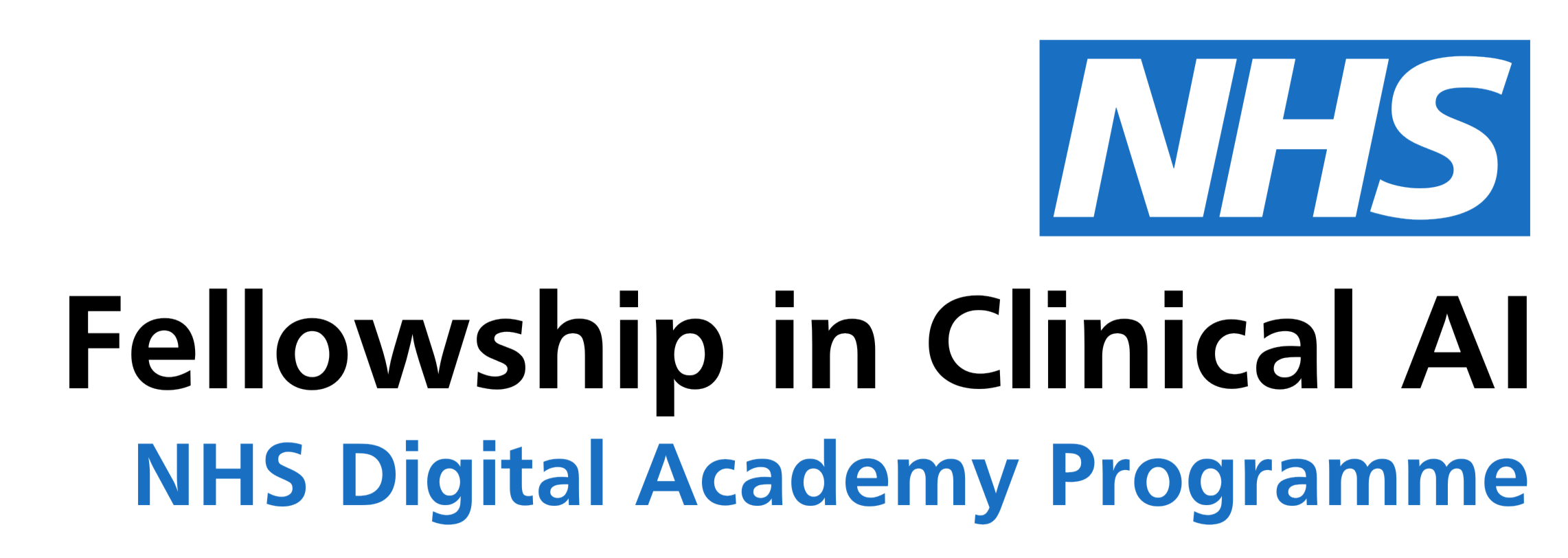
Bharadwaj Chada
Fellow in Clinical AI, Cohort 3
Fellowship Bio
Bharadwaj is a GP Registrar in NW London, and undertook a mental health AI project across King’s College London, and the South London and Maudsley (SLaM) NHS Foundation. The fellowship subsequently contributed to his appointment as Medical Director at children’s mental health company, Kanjo.
Fellowship Project
Development and Validation of a Predictive Model for High-Intensity Mental Health Service Use using Electronic Health Record (EHR) Data
South London and Maudsley NHS Foundation Trust
My project aimed to develop and validate a predictive model for identifying adults at risk of requiring high-intensity healthcare (defined as being in the top decile of healthcare expenditure), building on the earlier of work of King’s researchers Craig Colling and colleagues, and my fellowship predecessor, James Lai. Under the supervision of Professor Rob Stewart, I developed a logistic regression model, trained on patients first assessed at SLaM between 2007-11, and validated over the subsequent time period. The model contained a range of predictor variables, including demographic, service use, and clinical factors, as well as NLP-derived metadata pertaining to patient’s symptoms. The NLP-derived variables were subsequently removed – after testing revealed no significant reduction in model performance with their omission – for ease of deployment at other sites that may not have text mining capabilities. The logistic regression model was further compared with other techniques, including Decision Tree and Random Forest, and demonstrated superior performance across the key metrics of AUROC and sensitivity. As part of this project, we also consulted the Patient and Public Involvement and Engagement (PPIE) group at the Maudsley Biomedical Research Centre (BRC). The project has been accepted for presentation at a conference in Dubai later this year, and is currently awaiting publication. Next steps include analysing misclassified cases (i.e. patients that were predicted as being high-intensity users but actually weren’t, and vice versa), and validating the model at other sites.
Fellowship Testimonial
Having previously had some experience across health policy and healthcare innovation, I was keen to obtain some AI-specific domain expertise, particularly around governance and change management, but also on a technical and academic level. To that end, I’m grateful for the fellowship, as well as my supervisor and the team at King’s and SLaM, to allow me to embed myself within a live AI project that can hopefully contribute to meaningful service improvement in mental health. I was able to apply the knowledge gained from my previous health informatics Master’s, for example around data preprocessing, model development and validation, and academic writing. Beyond the project itself, I was glad to have contributed thought leadership on the topic of AI in healthcare, including international poster presentations, panel discussions, and publications (as well as a cheeky feature in the BMA’s Doctor magazine!). The fellowship also helped me to secure a role in industry as Medical Director at a paediatric mental health company, as part of which I’m keen to build on the insights acquired from the programme. In summary, the fellowship has proved an invaluable opportunity to further my career goals of sitting at the intersection of clinical medicine and AI stewardship, and I cannot recommend it highly enough!


